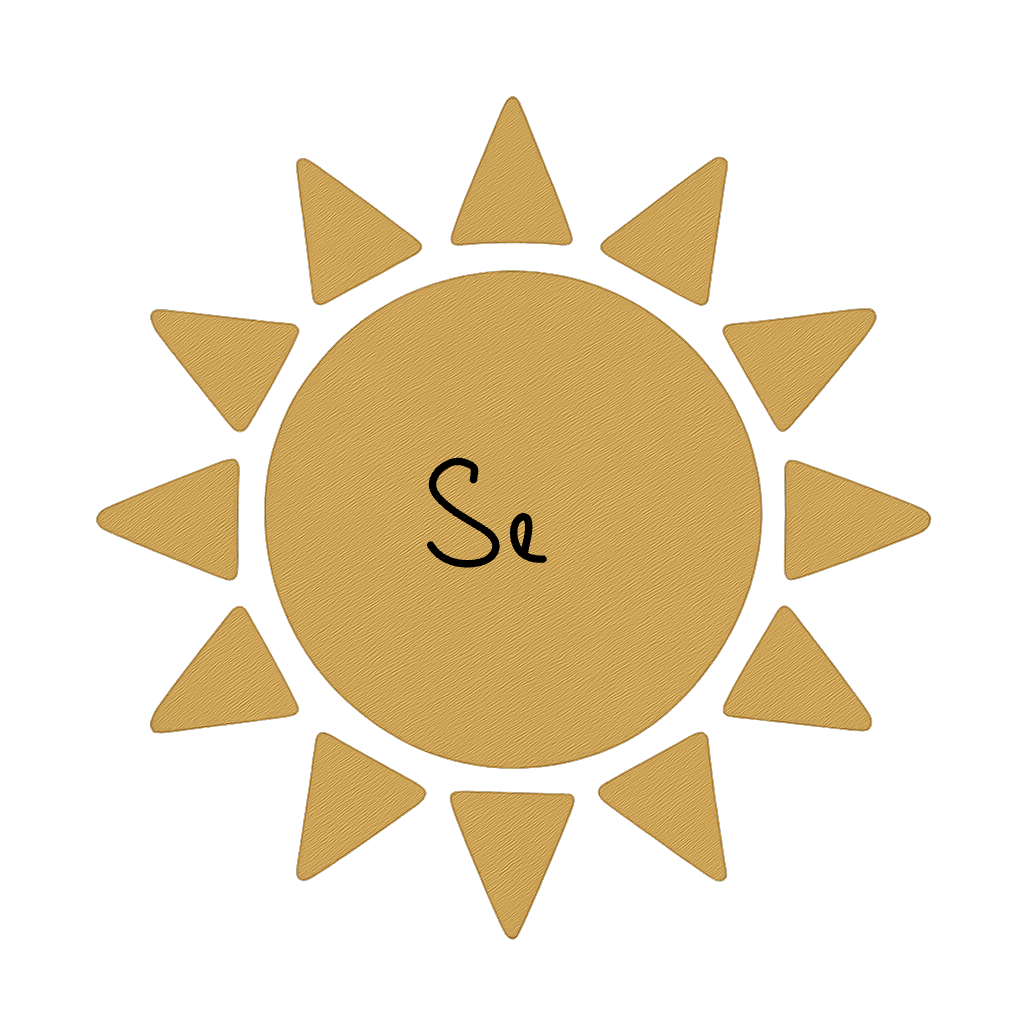Extraverted Sensing (Se) is one of the eight cognitive functions identified by Carl Jung and later integrated into personality frameworks like the Myers-Briggs Type Indicator (MBTI). Se is a perceiving function, focusing on how we take in information from the external world. Specifically, Se is concerned with direct, real-time sensory experiences and the immediate physical environment.
Key Characteristics
- Present-Moment Awareness:
- Sensory Engagement: Se users are highly attuned to sights, sounds, smells, tastes, and tactile sensations around them.
- Immediate Experience: They prefer to live in the ‘now,’ fully experiencing each moment as it happens.
- Adaptability and Spontaneity:
- Responsive Action: Quick to react to changes in their environment, making them adaptable to new situations.
- Openness to Experience: Eager to explore and try new things, often seeking excitement and stimulation.
- Attention to Detail:
- Observant: Notice fine details that others might overlook, such as subtle changes in the environment.
- Practical Focus: Interested in concrete facts and real-world applications rather than abstract concepts.
- Physical Interaction:
- Kinesthetic Learning: Prefer learning through hands-on experience rather than theoretical instruction.
- Athleticism and Coordination: Often have a natural aptitude for physical activities and sports.
How Se Manifests in the Mind
- Perception of Reality:
- Concrete Thinking: Focuses on tangible, observable data rather than hypothetical or abstract ideas.
- Objective Observation: Seeks to perceive the world as it is, without subjective interpretation.
- Decision-Making Process:
- Action-Oriented: Decisions are made quickly based on current circumstances and sensory input.
- Risk-Taking: Willing to take chances and embrace uncertainty for the sake of new experiences.
- Information Processing:
- Sequential Awareness: Processes information in a step-by-step manner, grounded in the present context.
- Environmental Scanning: Constantly monitors surroundings for new stimuli or opportunities.
Strengths of Se Users
- Situational Awareness: Excellent at reading and responding to the immediate environment.
- Resourcefulness: Able to improvise solutions using available resources.
- Energetic Engagement: Bring vitality and enthusiasm to activities, motivating others.
Challenges Faced by Se Users
- Impulsiveness: May act without fully considering long-term consequences.
- Overemphasis on Pleasure: Can become overly focused on sensory enjoyment, neglecting responsibilities.
- Resistance to Planning: Might resist structured schedules or future planning in favor of spontaneity.
Practical Applications of Understanding Se
- Personal Growth:
- Mindfulness Practices: Enhance present-moment awareness through activities like meditation.
- Balanced Lifestyle: Incorporate planning to complement spontaneity, achieving long-term goals.
- Interpersonal Relationships:
- Active Listening: Use observational skills to understand others’ needs and feelings.
- Shared Experiences: Strengthen relationships by engaging in activities together.
- Professional Development:
- Hands-On Careers: Excel in fields requiring real-time problem-solving and physical engagement (e.g., emergency services, athletics, performing arts).
- Crisis Management: Ability to remain calm and effective in high-pressure situations.
Tips for Enhancing Se Function
- Engage the Senses: Participate in activities that stimulate different senses, like cooking, painting, or music.
- Physical Exercise: Regular physical activity can sharpen sensory awareness and improve focus.
- Stay Open to New Experiences: Challenge yourself to try unfamiliar activities to broaden your horizons.
***
